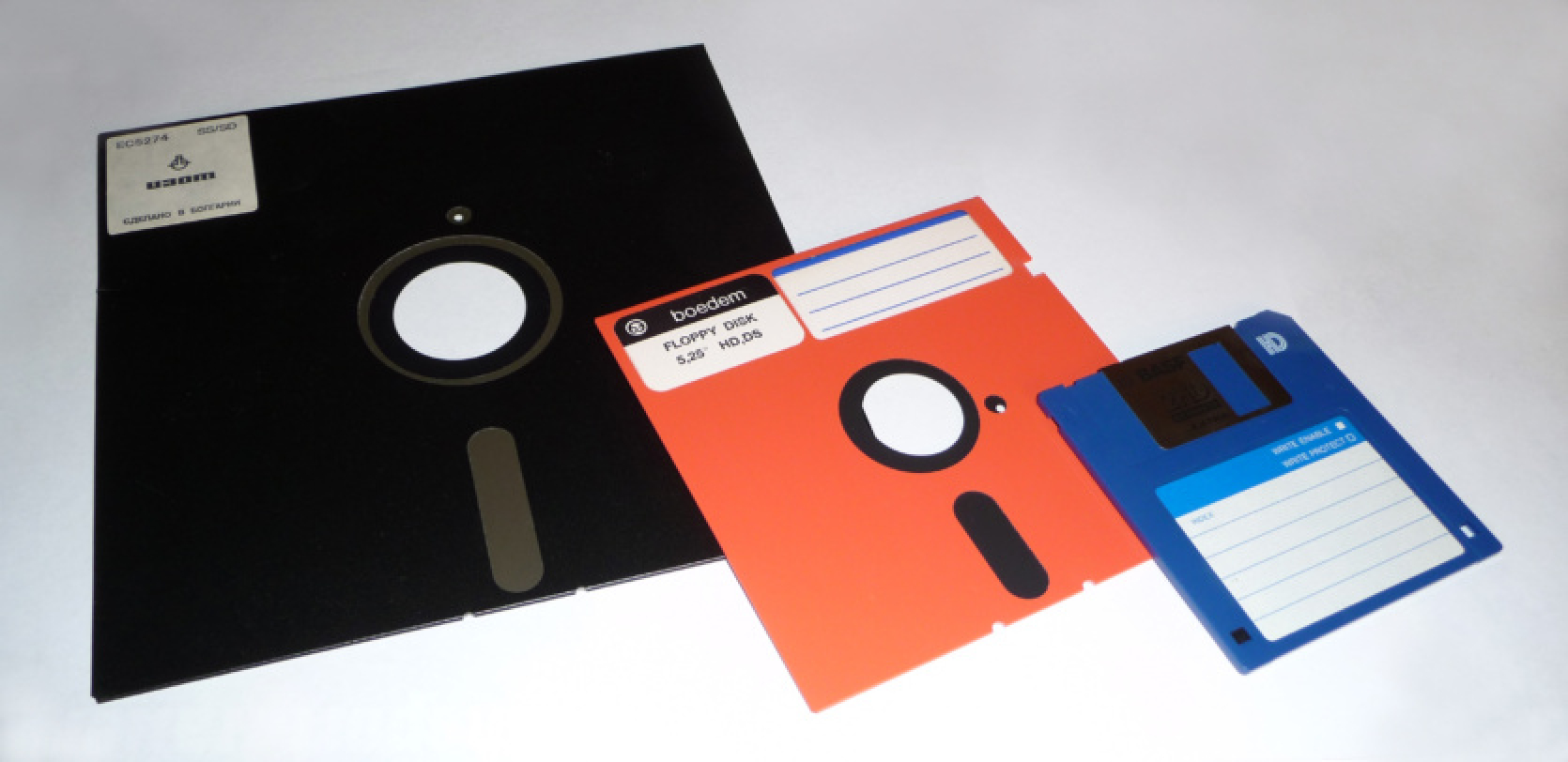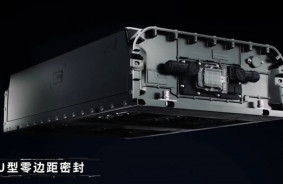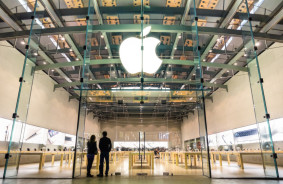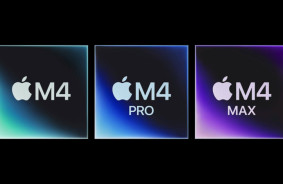In San Francisco, the heart of Silicon Valley, the public was truly alarmed by the automated train management system that operates... on floppy disks (yes, those same old floppy disks). The head of the local transport company added fuel to the fire with his concerns about the risk of a "catastrophic error", as the system has already served its time and there are no plans to replace it for at least another ten years.
ABC7 News recently highlighted the story – it concerns the San Francisco Municipal Railway (SFMTA). To this day, a significant part of critical infrastructure around the world continues to rely on outdated technologies – remember the US nuclear shield (American automated strategic nuclear force management system SACCS) using IBM Series/1 computers and 8-inch floppy disks as information carriers until 2019 for command transmission. So, overall, considering the specifics of modernizing such systems, the situation with SFMTA is not surprising, but it represents another illustrative example of using outdated technologies.
SFMTA head Jeffrey Tumlin explained that the system, in use since 1998, was implemented "in an era when computers did not have hard drives". However, hard drives were quite common in personal computers in the early 1990s. Yes, one can recall the initial release of Windows 95 on 24 floppy disks, but the late 90s to early 2000s marked the peak of the CD era. Another discrepancy is the type of floppy disk used by the SFMTA system. The correspondent showed a 3.5-inch floppy disk, stating that three 5-inch floppy disks are required for system updates daily. She likely made a mistake and confused 3.5 and 5.25 inch floppy disks, which were the standard storage media in the 80s.
Nevertheless, the SFMTA director explained that the system has exceeded its service life of 20-25 years. And although it still works well, "with each passing year, the risk of data degradation on the floppy disks increases, and at some point a catastrophic failure may occur". Implementing a modern management system requires significant funds and time – approximately several hundred million dollars and at least ten years. Currently, local authorities are focused on creating a comprehensive system for trains and metro in San Francisco and surrounding areas, but there are currently no contracts or implementation deadlines for the project.














Comments (0)
There are no comments for now